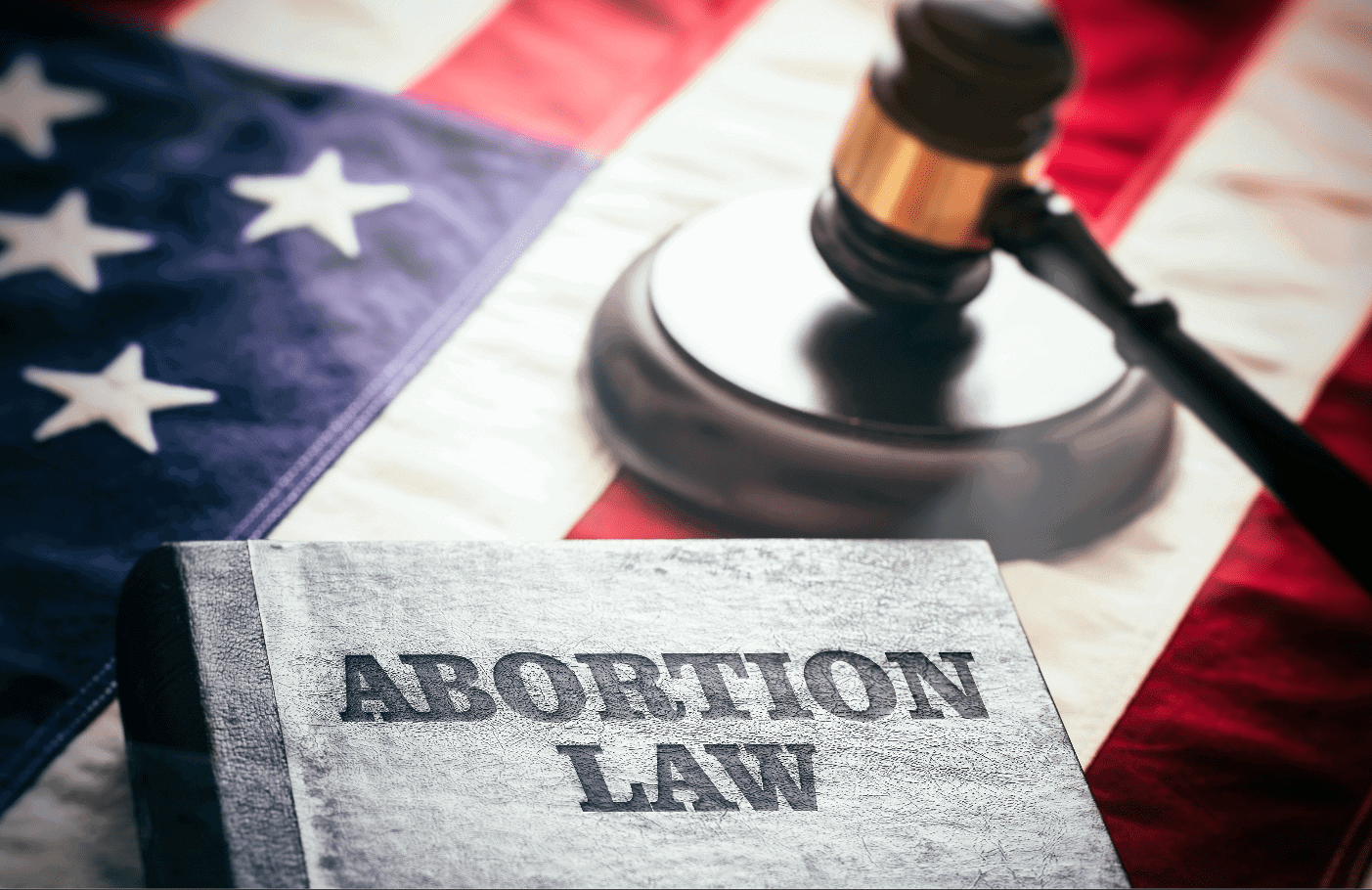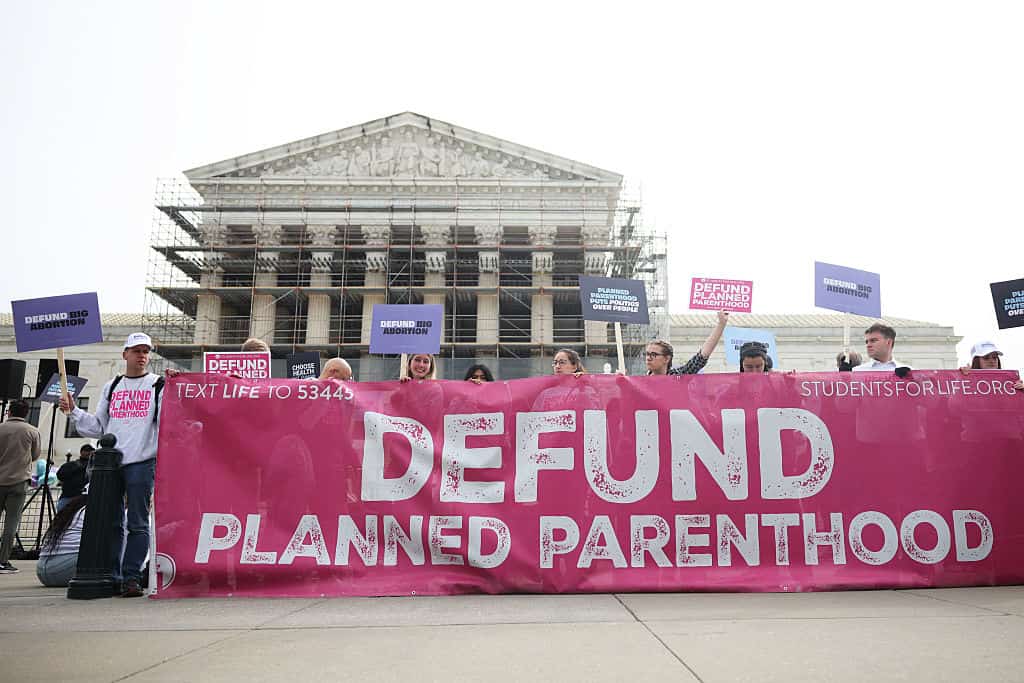Lawsuit Claims Missouri’s Ban on Abortion Violates Freedom of Religion

The abortion lobby has long said that clergy has no business butting into a woman’s decision about her pregnancy. Apparently, things have changed.
A coalition of liberal, pro-abortion clergy in Missouri is challenging the constitutionality of that state’s 8-week abortion ban that went into effect because of the U.S. Supreme Court’s decision in June 2022 overturning Roe v. Wade.
Thirteen religious leaders, represented by the National Women’s Law Center and Americans United for Separation of Church and State, allege in a state court lawsuit that Missouri’s “trigger law,” which passed in 2019 as House Bill 126 (HB 126), and became effective when the Supreme Court handed down its decision in Dobbs v. Jackson Women’s Health Organization, violates the Missouri Constitution’s guarantee of religious freedom.
Religious freedom? How does the state’s interest in protecting human life violate anyone’s religious freedom?
According to the lawsuit, the Missouri law’s preamble, which invokes God as the ultimate giver of life, transforms the bill into a religious statute that “enshrined religious precepts into law.”
“Legislators who sponsored and pressed for this bill did so expressly in the name and service of a particular religious view that many Missourians and their faith communities do not share,” the coalition’s “Petition for Injunctive and Declaratory Relief” alleges.
“They openly invoked their personal religious beliefs as the reason for the law, enacting in the statute the religious views that “Almighty God is the author of life” and that “the life of an individual human being begins at conception …”
The mention of “Almighty God” in the law’s preamble, however, echoes the state constitution’s mention of the same term twice in Article 1, Section 5:
“That all men and women have a natural and indefeasible right to worship Almighty God according to the dictates of their own consciences; that no human authority can control or interfere with the rights of conscience; that no person shall, on account of his or her religious persuasion or belief, be rendered ineligible to any public office or trust or profit in this state, be disqualified from testifying or serving as a juror, or be molested in his or her person or estate; that to secure a citizen’s right to acknowledge Almighty God according to the dictates of his or her own conscience…” (emphasis added).
As favorable, though, as the Missouri Constitution is toward mentions of Almighty God, the religious coalition likely chose the state courts of Missouri rather than the federal courts for its lawsuit because the federal courts are not receptive to these types of claims. In a recent federal lawsuit concerning Missouri’s informed consent law, the 8th U.S. Circuit Court of Appeals rejected an argument by the Satanic Temple which alleged that abortion is a religious sacrament for its members and that restrictions on the practice violate its religious beliefs.
The Missouri clergy coalition, no doubt hoping to avoid a similar fate, alleges that the Missouri Constitution’s religious freedom guarantees are even stronger than the U.S. Constitution’s, hoping a state court will agree with its argument that mentioning God in the preamble to HB 126 invalidates the law in its entirety.
Missouri President Pro Tem Caleb Rowden, a Republican, downplayed the potential for this lawsuit to overturn the law, calling the lawsuit “foolish.”
“We were acting on the belief that life is precious and should be treated as such,” Rowden said. “I don’t think that’s a religious belief. And I think people need to understand what separation of church and state is. Most people don’t.”
Missouri Attorney General Andrew Bailey vowed to defend the trigger law in a statement on Twitter:
“I want Missouri to be the safest state in the nation for children, and that includes unborn children,” Bailey tweeted. “As Attorney General, I will protect the Constitution and defend the right to life with every tool at my disposal.
“In Harris v. McRae, the U.S. Supreme Court rejected arguments like those raised in this case, and the Missouri Attorney General’s Office has won on similar claims at the Missouri Supreme Court. We look forward to doing it again. I will never back down from this fight.”
In Harris, a 1980 decision, the Supreme Court rejected several challenges to the Hyde Amendment (a federal prohibition on funding abortions), including an argument that the restriction violated the religion clauses of the First Amendment.
“In sum, we are convinced that the fact that the funding restrictions in the Hyde Amendment may coincide with the religious tenets of the Roman Catholic Church does not, without more, contravene the Establishment Clause,” Justice Potter Steward wrote in the majority opinion.
Again, the Missouri clergy coalition apparently hopes to avoid a similar legal defeat by pinning their constitutional arguments on the Missouri Constitution, rather than the U.S. Constitution.
Missouri became the first of 12 states whose “trigger laws” went into effect after the Dobbs decision.
We will keep you apprised of developments as this case progresses in the Missouri state courts. Please pray that the Show-Me State’s attempt to protect precious preborn lives will be upheld in this lawsuit.
The lawsuit is Blackmon v. Missouri.
Related:
After ‘Roe’s’ Reversal Twelve States Move to Protect Life Under State Law
Satanist Loses Challenge to Missouri’s Pro-Life Abortion Consent Law
Satanic Temple Raffling Off Free Abortion, Argues that Killing Preborn Babies is a Religious Right
ABOUT THE AUTHOR

Bruce Hausknecht, J.D., is an attorney who serves as Focus on the Family’s judicial analyst. He is responsible for research and analysis of legal and judicial issues related to Christians and the institution of the family, including First Amendment freedom of religion and free speech issues, judicial activism, marriage, homosexuality and pro-life matters. He also tracks legislation and laws affecting these issues. Prior to joining Focus in 2004, Hausknecht practiced law for 17 years in construction litigation and as an associate general counsel for a large ministry in Virginia. He was also an associate pastor at a church in Colorado Springs for seven years, primarily in worship music ministry. Hausknecht has provided legal analysis and commentary for top media outlets including CNN, ABC News, NBC News, CBS Radio, The New York Times, the Chicago Tribune, The Washington Post, The Washington Times, the Associated Press, the Los Angeles Times, The Wall Street Journal, the Boston Globe and BBC radio. He’s also a regular contributor to The Daily Citizen. He earned a bachelor’s degree in history from the University of Illinois and his J.D. from Northwestern University School of Law. Hausknecht has been married since 1981 and has three adult children, as well as three adorable grandkids. In his free time, Hausknecht loves getting creative with his camera and capturing stunning photographs of his adopted state of Colorado.
Related Posts

New York Ends Fight to Force Nuns to Pay for Abortions
January 27, 2026



